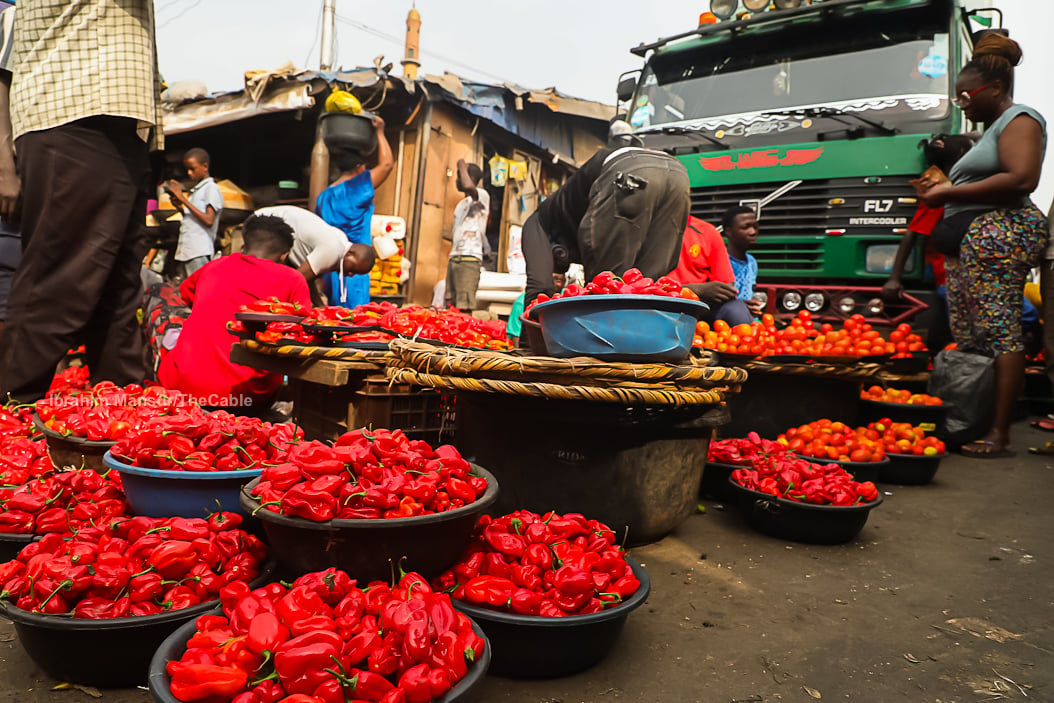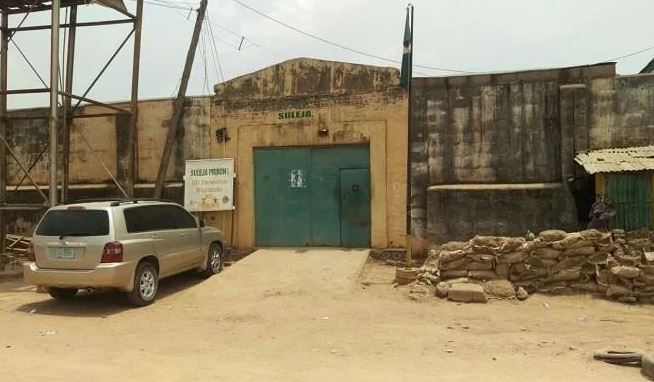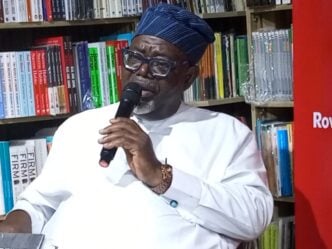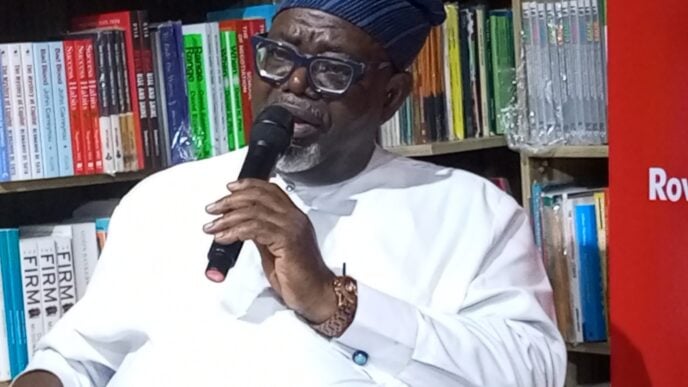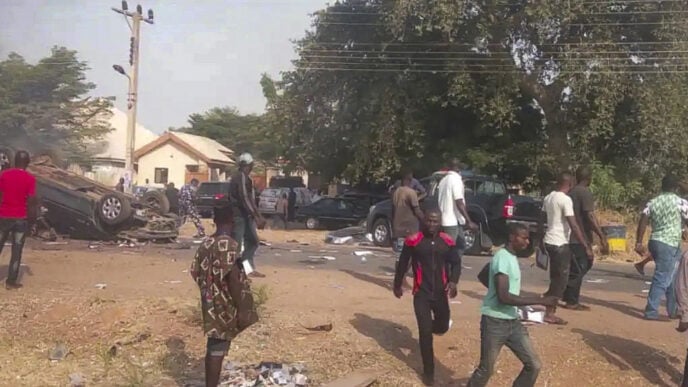A recent article in Premium Times highlighted something urgent. Nigeria is in the grip of a worsening food crisis, with millions struggling to afford even basic meals. Soaring prices, rampant insecurity, and systemic failures in agriculture have created a perfect storm, pushing the country towards severe hunger and instability. Without urgent intervention, this crisis will deepen, exacerbating poverty and social unrest.
The numbers paint a grim picture. Official data from the National Bureau of Statistics (NBS) shows food inflation surging beyond 35% in 2023, making staples like rice, beans, and garri unattainable for many. The World Food Programme estimates that nearly 33 million Nigerians now face food insecurity—a figure that could rise further if nothing changes. The roots of this emergency are complex but clear.
One of the most immediate factors is the breakdown of security in farming regions. Across the Northwest and Middle Belt, armed bandits and violent clashes have forced thousands of farmers off their land. In states like Kaduna, Zamfara, and Benue, entire communities have abandoned their fields, fearing attacks or kidnappings. The result? A sharp decline in crop production, leaving markets empty and prices skyrocketing. Even where farmers brave the risks, transporting goods to cities has become perilous due to highway robberies and extortion.
Compounding this is the soaring cost of farming itself. Fertiliser prices have more than doubled in some areas, while the naira’s collapse has made imported machinery and seeds prohibitively expensive. Smallholder farmers, who form the backbone of Nigeria’s food supply, are being priced out of survival. Many now cultivate smaller plots or give up altogether, further shrinking output.
Advertisement
Then there is the problem of waste. Nigeria produces enough food to feed itself in theory, but poor infrastructure means much of it never reaches consumers. A lack of storage facilities leads to post-harvest losses of up to 40% for perishable goods. Roads in rural areas are often impassable, trapping harvests in villages while urban markets starve. Climate change adds another layer of vulnerability—erratic rains, droughts, and floods disrupt planting seasons, particularly in the north, where rain-fed farming dominates.
The government’s response has been fragmented at best. The removal of fuel subsidies in 2023, though framed as necessary for economic reform, sent transport and production costs soaring without adequate mitigation. Promised palliatives—cash transfers or food aid—have been slow, inconsistent, or mired in corruption. Meanwhile, the knee-jerk reopening of borders for food imports, while easing short-term shortages, undermines local producers and leaves Nigeria at the mercy of global price swings.
Security efforts have also fallen short. Military operations against bandits have been reactive rather than strategic, failing to restore enough stability for farmers to return to their fields. Without a dedicated focus on protecting rural livelihoods, these measures are little more than temporary fixes.
Advertisement
Solving this crisis demands a multi-pronged approach, starting with security. Farmers cannot grow food under the threat of violence. A specialised agro-police force, trained to secure farmlands and escort goods to markets, could restore confidence. Simultaneously, the government must invest in modernising agriculture. Promoting drought-resistant crops, expanding irrigation, and subsidising high-quality seeds would help farmers adapt to climate pressures.
Infrastructure is another critical gap. Building grain silos, cold storage units, and rural roads would drastically cut post-harvest losses and stabilise supply chains. Public-private partnerships could fast-track these projects, leveraging commercial expertise while ensuring public oversight.
Equally important is shifting focus from imports to self-sufficiency. Instead of flooding markets with foreign rice, policies should empower local farmers through affordable loans, tax breaks on equipment, and guaranteed minimum prices for their produce. The Central Bank’s role is crucial here—stabilising the naira would lower input costs, while targeted forex allocations for agriculture could ease bottlenecks.
Finally, social safety nets must be strengthened. Expanding programmes like the National Social Investment Programme (NSIP) to deliver direct cash transfers or food vouchers would provide immediate relief to the most vulnerable. Transparency in distribution is key to ensuring aid reaches those who need it, not political allies.
Advertisement
The stakes could not be higher. Food insecurity fuels desperation—it drives up crime, stokes ethnic tensions, and pushes families into irreversible poverty. For Nigeria, a country already grappling with economic strain and regional instability, ignoring this crisis risks a full-blown catastrophe.
There is no quick fix, but there is no time for delay. The solutions are known; what’s missing is the political will to implement them at scale. The path forward requires bold, coordinated action, from securing farmlands to overhauling infrastructure. If Nigeria fails to act now, the hunger crisis will consume not just its people but also its future.
Nwanze is a partner at SBM Intelligence
Advertisement
Views expressed by contributors are strictly personal and not of TheCable.

